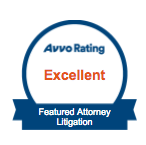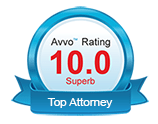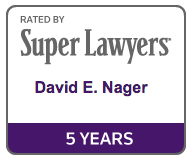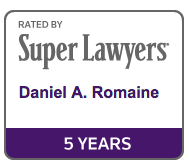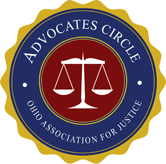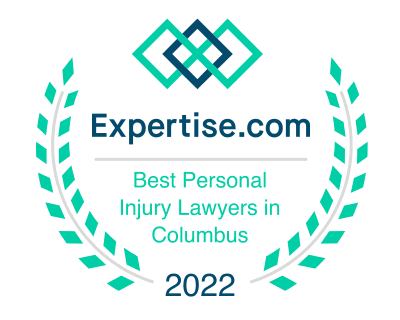- Attorneys
- David E. Nager
- Sam Marcellino
- Daniel A. Romaine
- Leah Michael
- Jerald A. Schneiberg
- Michael W. O'Neil
- Mark Adams, Of Counsel
- Trevor R.C. Davis
- Erin E. Sawyer
- Austin J. Enger
- Vincent D. Scebbi
- Joseph E. Gibson
- Erin Schmidt
- Gerald R. Horning
- C. Bradley Howenstein
- Christina Strubbe
- Todd Jackett
- Catherine Twohig Lietzke
- Terry Jennrich
- Leah VanderKaay
- Corey J. Kuzma
- Margaret T. Whitmore
- Jennifer L. Lawther
- James J. Zink
- Practice Areas
- Workers’ Comp
- Auto Accidents
- Mass Tort/Class-Action
- Firefighter Occupational Exposure to Dangerous Chemicals
- Actos Attorneys
- Anti Depressants / SSRI Birth Defects
- Fluoroquinolones (FLQ)
- IVC Filter Complications
- Low T Testosterone Replacement Therapy
- Metal-on-Metal Hip Replacement Failures
- Power Morcellators Uterine Cancer
- Proton Pump Inhibitors (PPI)
- Risperdal Side Effects
- Talcum Powder Litigation
- Xarelto Side Effects
- Zofran Birth Defects
- Soc. Security Disability
- Personal Injury
- Insurance Coverage
- Medical Malpractice
- Nursing Home Neglect
- View All
- Resources
- News & Media
- Contact Us
close
855.GOT.HURT
855.468.4878
855.468.4878



